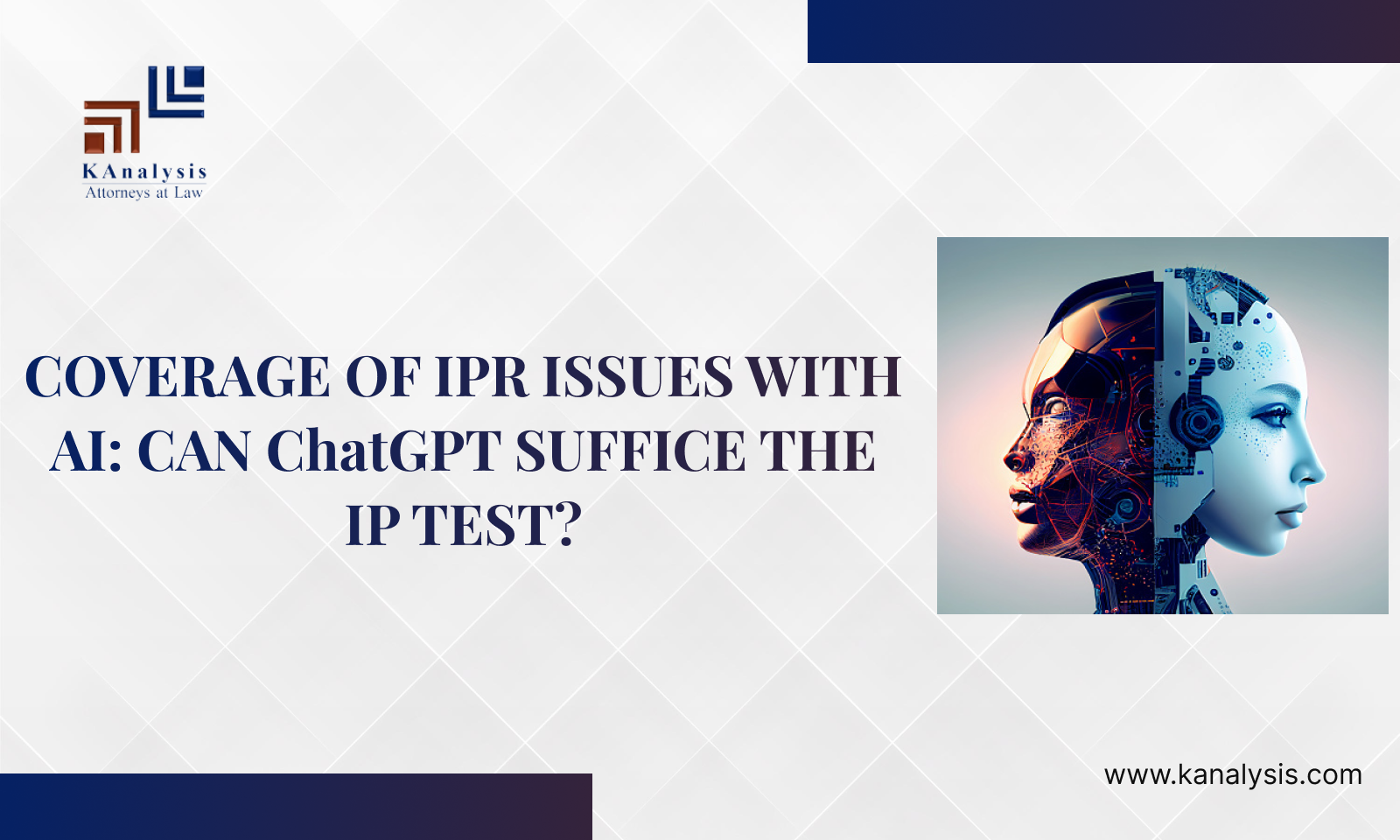THIS ARTICLE IS WRITTEN BY JEROME BERNARD, TRADEMARK ASSOCIATE AT KANALYSIS CONSULTANTS PVT. LTD
Division bench of the Apex court has finally put the controversy over Section 63 of the Copyright Act,1957 to rest. In a significant ruling the Division bench of Justices MR Shah and B V Nagarathna has overruled the Delhi high court decision that Section 63 is a non-cognizable and bailable offence.
Background
This puts an end to the myriad of cases in which various high courts were taking conflicting views on the matter. In cases like Jitendra Prasad Singh V. State of Assam [ (2003) 26 PTC 486 GAU], Sureshkumar S/o Kumaran V. the Sub Inspector of Police [2007 3 KLT 36], Abdul Sathar vs. Nodal Officer Anti-Piracy Cell [AIR 2007 Ker 212], Nathu Ram vs. State of Rajasthan [D.B. Crl. Ref. No. 1/2020], High courts of Assam, Kerala and Rajasthan were of the opinion that Section 63 of Copyright Act is non-cognizable and bailable. On the other hand, in Amarnath Vyas v State of Andhra Pradesh [(2007) Cri LJ 2025 AP], State vs. Naresh Kumar Garg [CRL. M.C 3488/2012], Pintu Dey vs. State of Rajasthan [2015(3) Cr. L.R. (Raj.) 1291] and Anuragh Sanghi vs. State & Ors. in W.P.(CRL) 3422/2018 & CRL.M.A. 35858/2018 High courts of Andhra Pradesh, Delhi and Rajasthan held that Section 63 was cognizable and non-bailable.
The differing perspectives or opinions carried forward by the different High courts and subordinate courts in different cases meant that not everyone was meted out the same justice. This has been a glaring inadequacy in our justice system for some time now. This might even put the principle of equality enshrined in our constitution to the test.
The issue came up before the Division bench of the Apex court in of M/s Knit Pro International vs State of NCT of Delhi. The appellant company had filed complaint against the defendant after approaching and receiving appropriate directions from Chief Metropolitan Magistrate under Sections 51, 63 & 64 of the Copyright Act. An FIR was filed subsequently by the police. The defendant filed a writ petition in the Delhi High court to quash the FIR claiming that section 63 is non cognizable and bailable. The writ petition was allowed and FIR was quashed. The appellant filed an appeal before the Apex court.
The question before the Apex Court was whether the offence under Section 63 of the Copyright Act is a cognizable offence or a non-cognizable offence which was considered as cognizable by the Delhi High Court. Appellant contended that the Hon’ble Delhi High Court has committed a grave error in observing and holding that the offence punishable under Section 63 of the Copyright Act is a non-cognizable offence and it does not fall within Part II of the First Schedule of the Cr.P.C.
Apex Court’s observation
The Division bench of Hon’ble Supreme Court set aside the judgment of the Delhi High Court dated November 25, 2019 in Writ Petition (Crl.) No. 3422 of 2018 by which the High Court had allowed the said writ petition and had quashed the FIR bearing No.431 of 2018 filed against the respondents for the offences under Sections 63 and 65 of the Copyright Act, 1957. The Hon’ble Supreme Court has held that offence under Section 63 of the Copyright Act is a cognizable and nonbailable offence. The Hon’ble Supreme Court has held that:
“Under the circumstances the High Court has committed a grave error in holding that the offence under Section 63 of the Copyright Act is a non-cognizable offence. Thereby the High Court has committed a grave error in quashing and setting aside the criminal proceedings and the FIR. Therefore, the impugned judgment and order passed by the High Court quashing and setting aside the criminal proceedings/FIR under Section 63 of the Copyright Act deserves to be quashed and set aside.”
The Apex court has held the offence under Section 63 of the Copyright Act as a cognizable and nonbailable offence. Consequently, the impugned order passed by the High Court was quashed and set aside.
Implications
This further opens a permanent door to another avenue of copyright enforcement. Since this enables the police to register FIR, conduct investigations, collect evidence and/or make arrest when required without the prior permission from magistrate, this can put an immediate end to any infringing activity. As the saying goes prevention is better than cure. Any action to avoid any unnecessary injuries or losses are always preferred over compensating for it later. There are also very less chances for the infringers to tamper, hide or destroy evidences. This increases the odds of a successful litigation. Also the possibility of imprisonment as a punishment also works as a deterrence against future infringers. Similarly, the social stigma associated with police searches and arrests will also have deterring effect.
This decision of Apex court is also in line with section 115 of Trademark Act, 1999 which makes infringement of Trademark under sections 103 and 104 cognizable offences. This is a significant step forward as the relevance of Intellectual Property and its enforcement is increasing day by day. In todays globalized market with trans-border commerce the protection of intellectual property is a vital factor in success of any commercial institution.



